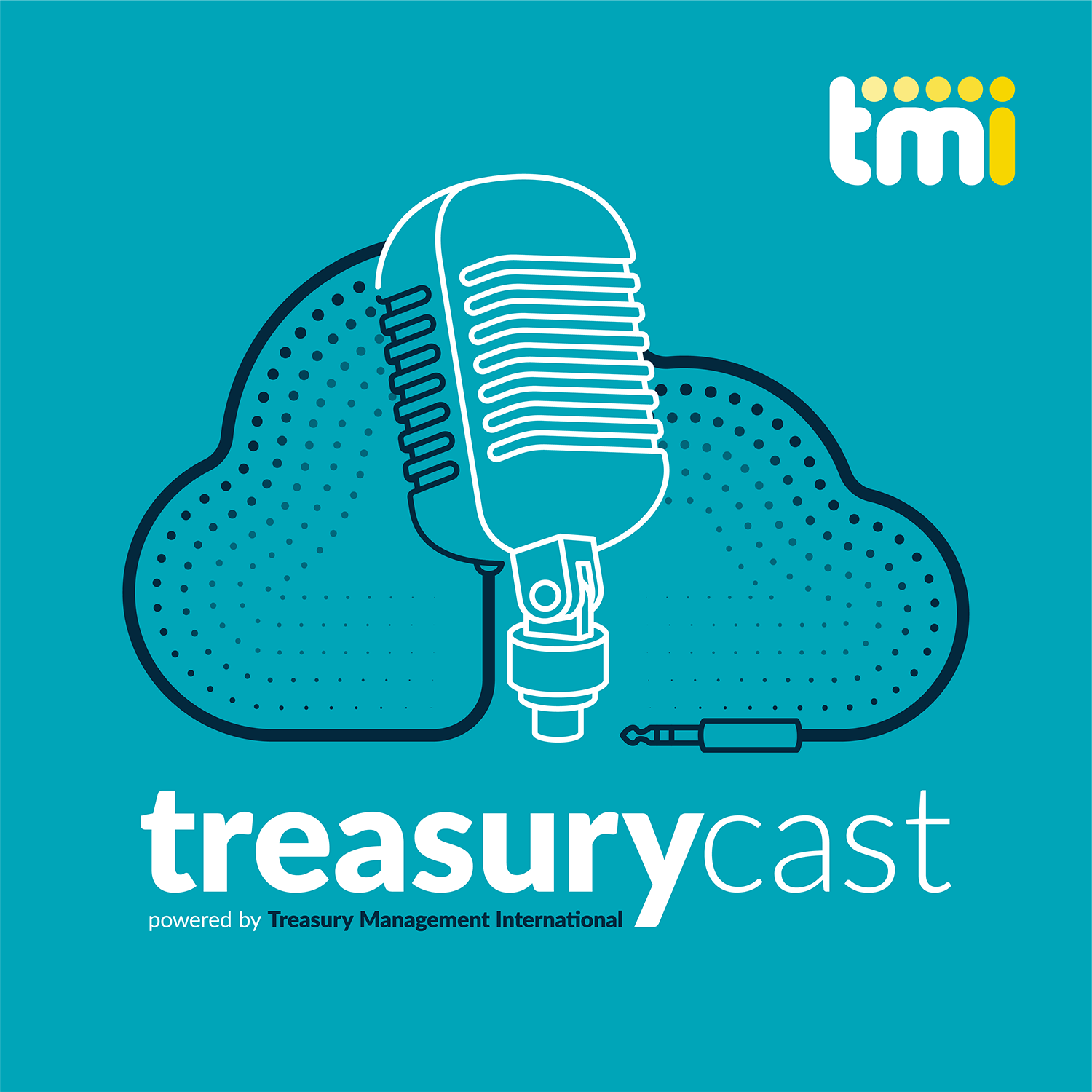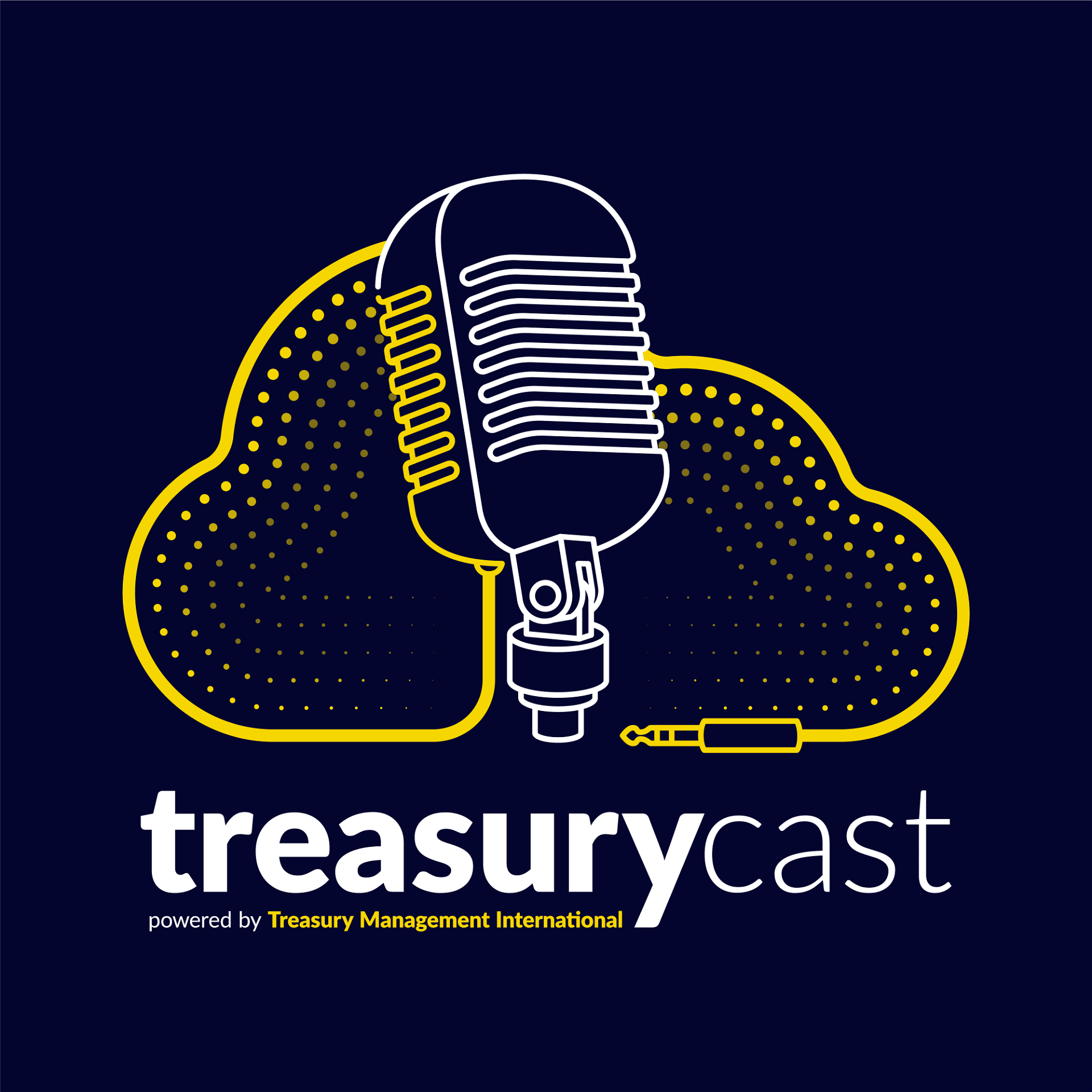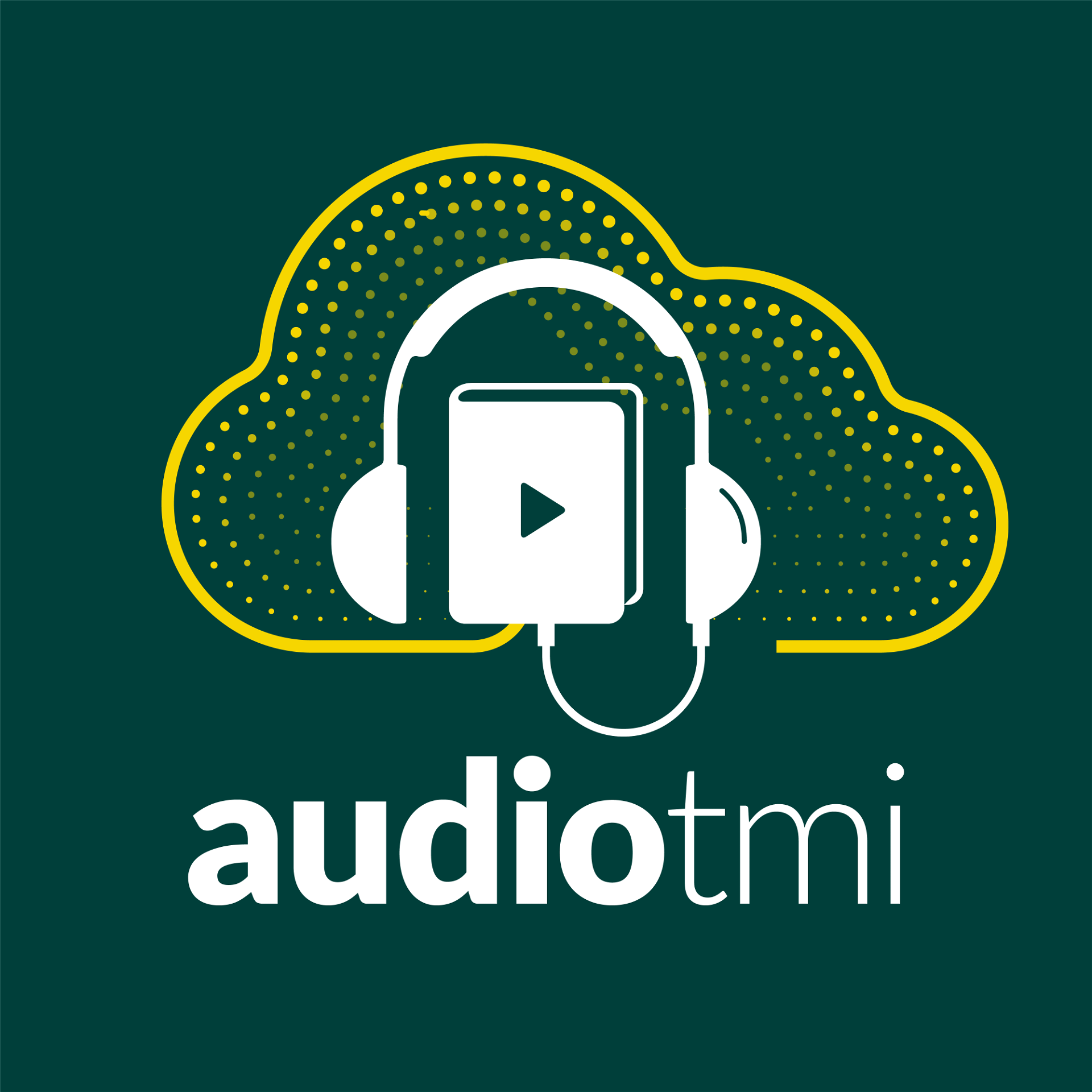Societe Generale has received an award in this year’s IFAN* 2013 paper competition, presented at a ceremony in London last month to Pierre Epaillard, interbank relationships adviser, and Martine Brachet, head of interbank relationship, for their submission on ‘Standardization and norms within financial processes’.
In this paper (see below), the authors discuss the key role standardization plays in financial processes and the changing economy, with globalisation, new regulations and technical innovation necessitating ever-increasing international standards and norms setting. ISO 20022 is presented as one of the key standards of device standardization of financial processes, and the SEPA (Single Euro Payment Area) project is the most concrete illustration of financial standardization made possible by this standard.
The winning papers were selected by the IFAN board as successfully examining, with the use of empirical data, themes such as the impact of regulation on standards, standardization and users in the global economic order, different approaches to standards & regulations across the world, or standards and users in the digital world.
* Founded in 1974, The International Federation of Standards Users (IFAN) is an international non-profit association of standards-implementing organisations, companies, professional associations and government agencies.
STANDARDIZATION AND NORMS
WITHIN FINANCIAL PROCESSES – ABSTRACT
BY MARTINE BRACHET AND PIERRE EPAILLARD FROM SOCIÉTÉ GÉNÉRALE
Every second, all over the world, billions of Euros are sent and received through dematerialized financial flows initiated in a full automatic mode and without any technical nor distance constraints. This would not be possible without the hundreds of technical, security and financial standards and norms used by the different types of stakeholders along the financial value chain allowing a worldwide common understanding of each financial transaction. Moreover these standards are essential to the national, regional and international industry at large as any sector of activity, would it be the automobile, chemical or transportation market, makes a permanent use of the financial processes in addition to their specific ones.
This is surely the reason why the financial sector normalisation started in parallel to the dematerialisation of the process soon in the seventies. After several evolutions steps where globalization played a key role, the governments and their regulators are turning to standardisation as the best way to help the economy to grow up.
But at the same time and due to the acceleration of the processes, it becomes obvious that more standardization also requires additional norms. This is especially the case concerning on one hand the security attached to the funds transfers and on the other hand the use of the funds in order to avoid serving financial criminals and to be able to track money laundering as well as terrorism financing by analyzing and blocking doubtful financial flows.
The financial world is changing day after day. So the standards have constantly to be adapted in order to meet the businesses requirements as well as the new regulations and technical evolutions.
In the financial environment, ISO 20022 is today the normative reference that will enable a straight through communication and interoperability between financial institutions, the market infrastructures and the end-user communities. Indeed, norms are interconnected together: each ISO 20022 standardized financial message refers to other ISO norms like country code, currency code, …
In this normative context, the European Parliament decided to launch with the help of the financial sector a Single Euro Payments Area (SEPA) project where all citizens and companies will benefit from a single payments market without any border anymore. This project is conducted by the European Payment Council (EPC). It is made of three pan-European payment instruments (Credit Transfer, Direct Debit, Card) fully ISO 20022 standardised and which covers 33 countries in such a way that the current legacy national credit transfers and direct debits transactions will disappear between the 1st February 2014 and the end of January 2016.
After this date, any payment account owner, would it be a person or a company, will be able to make a Euro payment via a single payment account and with a single set of payment instruments, wherever this account is located in a SEPA country.
Standardization is by nature servicing the business; however the experience also proves that developing some new standards may also help the market in increasing the business and sometimes may generate some unpredictable business opportunities. Moreover, publishing some new standards worldwide and their related market practices may also help in disseminating the knowledge to some larger audiences, like the new generation of Mobile devices supporting new mobile banking practices.
In conclusion, standardisation is becoming so inescapable for financial processes that all types of stakeholders are now interested in participating to their conception. So, the financial standardization even still managed by the financial industry is more and more open for discussion with the other interested parties which depending on the subject, are sometimes local or multinational, sometimes private or regulatory organisations. In this new context, pure national standardisation is by nature a non-sense, since the financial industry has passed over the phase when bankers were developing national norms.





